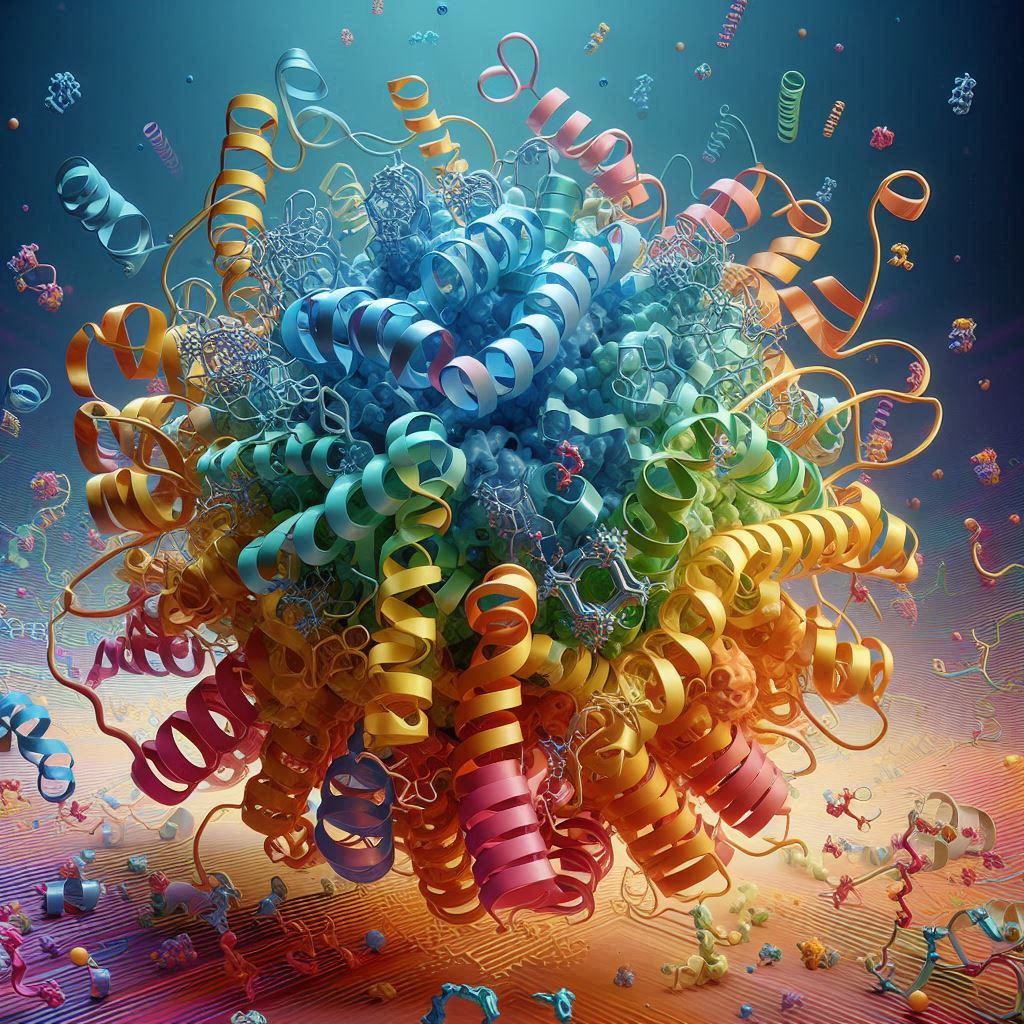Latest News:
Translational Bioinformatics Group, ICGEB New Delhi
The research group focuses on the development and application of computational biology tools to address research problems in the post-genomic era. The specific areas of interest of the laboratory include:
- Development and application of artificial intelligence-based methods to address classification problems in complex biological data.
- Computational drug designing; including molecular modelling, molecular dynamics, homology modelling, virtual screening, and chem informatics for lead identification.
- Application of comparative genomics methods to identify novel drug targets and gene expression regulatory elements like miRNAs and transcription factors.
- Computational and statistical analysis of NGS (Next-generation sequence) data, and development of biological databases.
The Group extensively exploited artificial intelligence-based techniques for solutions to various bioinformatics and cheminformatics research problems. It has developed several web servers for sequence-based prediction for important protein families, members of which do not have obvious sequence similarities, conserved motifs, and domains- this includes Cyclins (server: CyclinPred), Lipocalins (LipocalinPred), CDK inhibitor proteins (CDKIPred), virulent proteins (VirulentPred) and Fungal Adhesions (FaaPred).
The group has extended the use of SVMs (Support Vector Machine, an Artificial Intelligence based method), and molecular modelling methods to develop target oriented-focused library of compounds active against novel P. falciparum PfHslV and 20S proteasome, the newly identified drug targets against the parasite. The laboratory has recently developed SVM SVM-based cheminformatics method to predict proliferation inhibitors of P. falciparum. The group actively collaborates with other groups at ICGEB to validate predictions. Some of the previously accomplished projects of the lab include development of protein sequence databases including- ProtRepeatsDB: a database of different types of protein repeats sequences in genomes, ProtvirDB: a database of protozoan virulent protein sequences. Recently initiated projects include the development of methods and computational pipeline for genome-wide identification of small non-coding RNAs in P. falciparum and plant genomes.



